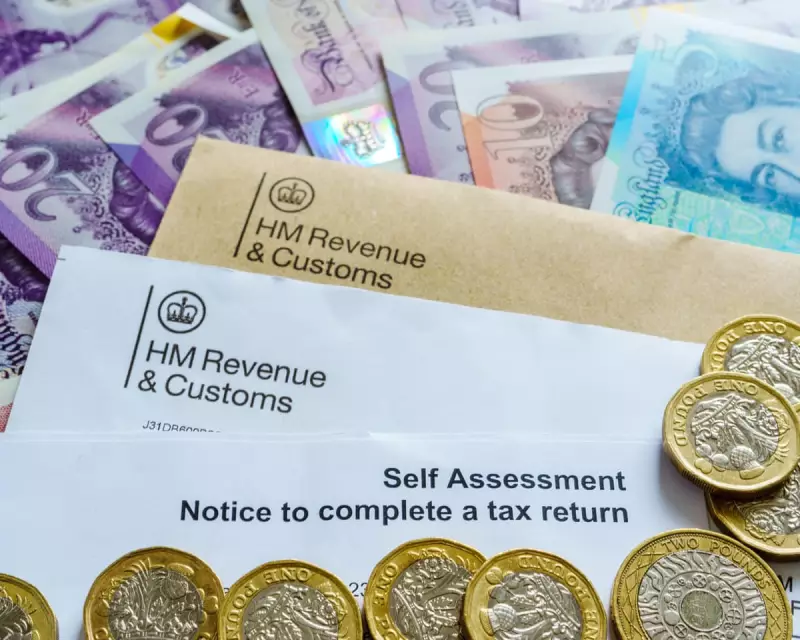
Chancellor Rachel Reeves's decision to extend the income tax threshold freeze for three additional years will disproportionately harm low-to-middle income households, according to leading economic thinktanks. The controversial move, announced in Wednesday's budget, represents a significant departure from Labour's manifesto commitments and will have substantial distributional consequences.
The Distributional Impact of Threshold Freezes
More than 1.7 million workers will be dragged into either paying income tax for the first time or pushed into a higher tax band as a result of the extended freeze on both income tax and national insurance thresholds. The Resolution Foundation has calculated that this approach will have a greater negative impact on the living standards of taxpayers in the bottom half of the income scale compared to simply raising tax rates.
Ruth Curtice, chief executive of the Resolution Foundation, delivered a stark assessment of the chancellor's choice. "The manifesto tax pledge has cost working people," she stated, noting that Reeves had previously hinted at raising income tax rates but ultimately opted for extending threshold freezes instead.
Why Rate Rises Would Have Been Fairer
The analysis reveals a surprising conclusion: a 1p increase in income tax rates would have raised the same £12.4 billion by 2030-31 but would have been less costly for anyone earning below £35,000. Indeed, the Foundation's calculations show that all but the top 10% of earners would have been better off under a rate rise scenario compared to the threshold freeze.
"Ironically, sticking to her manifesto tax pledge has cost millions of low-to-middle earners, who would have been better off with their tax rates rising than their thresholds being frozen," Curtice explained. This counterintuitive outcome occurs because threshold freezes particularly impact those moving into higher tax brackets as their wages increase with inflation, while rate rises distribute the burden more evenly across income levels.
Broader Economic Concerns
The National Institute of Economic and Social Research echoed these concerns, describing the budget as "lacking economic vision" and criticising the threshold freeze extension for falling disproportionately on the bottom half of the income distribution. The institute warned that the budget effectively locks Britain into a "high-tax, high-debt steady state" characterised by low productivity growth and higher interest rates.
Despite these criticisms, the Resolution Foundation acknowledged some positive elements in the chancellor's approach, describing it as "a far more upbeat budget than many were expecting" with significant cost-of-living support and progressive measures that reduce distortions in the tax system. However, they cautioned that substantial challenges remain, including major tax rises and cuts to public services in coming years.
The budget's implementation was somewhat overshadowed by the premature release of Office for Budget Responsibility forecasts before the chancellor's Commons address, adding to the controversy surrounding the government's fiscal decisions.





